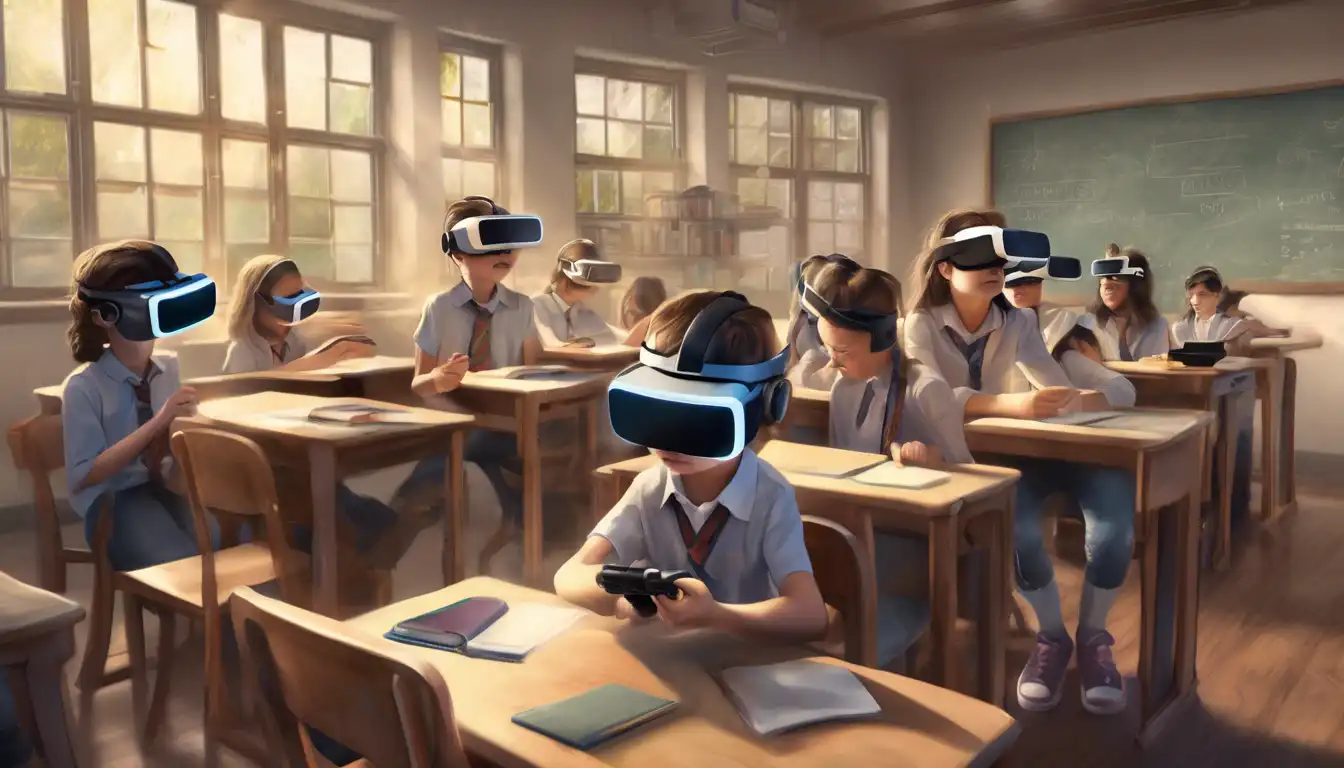The Transformative Impact of Virtual Reality on Learning Environments
Virtual Reality (VR) technology is revolutionizing the educational landscape, offering immersive learning experiences that were once unimaginable. By simulating real-world environments, VR provides students with the opportunity to explore complex concepts in a hands-on manner, enhancing understanding and retention.
Why VR in Education?
The integration of VR into education addresses several challenges faced by traditional learning methods. It caters to various learning styles, making education more inclusive. Moreover, VR can transport students to historical sites, inside the human body, or even to outer space, all from the safety of their classroom.
Benefits of VR in Learning
- Enhanced Engagement: VR's immersive nature captures students' attention, making learning more engaging and enjoyable.
- Improved Retention: Experiential learning through VR has been shown to improve memory retention rates.
- Accessibility: VR can provide equal learning opportunities for students with physical or geographical limitations.
- Safe Learning Environment: VR allows students to practice skills in a risk-free setting, such as medical procedures or chemical experiments.
Challenges and Considerations
Despite its potential, the adoption of VR in education comes with challenges. The cost of VR equipment and the need for technical support can be prohibitive for some institutions. Additionally, there is a learning curve associated with using VR technology effectively in the classroom.
Future Prospects
The future of VR in education is bright, with ongoing advancements making it more accessible and affordable. As educators continue to explore its potential, VR is set to become an integral part of the learning experience, transforming how knowledge is imparted and acquired.
For more insights into innovative learning technologies, check out our article on EdTech Trends Shaping the Future of Education.
Virtual Reality in education is not just a fleeting trend but a significant leap forward in how we approach teaching and learning. By embracing VR, educators can provide students with unparalleled learning experiences that prepare them for the challenges of the future.
